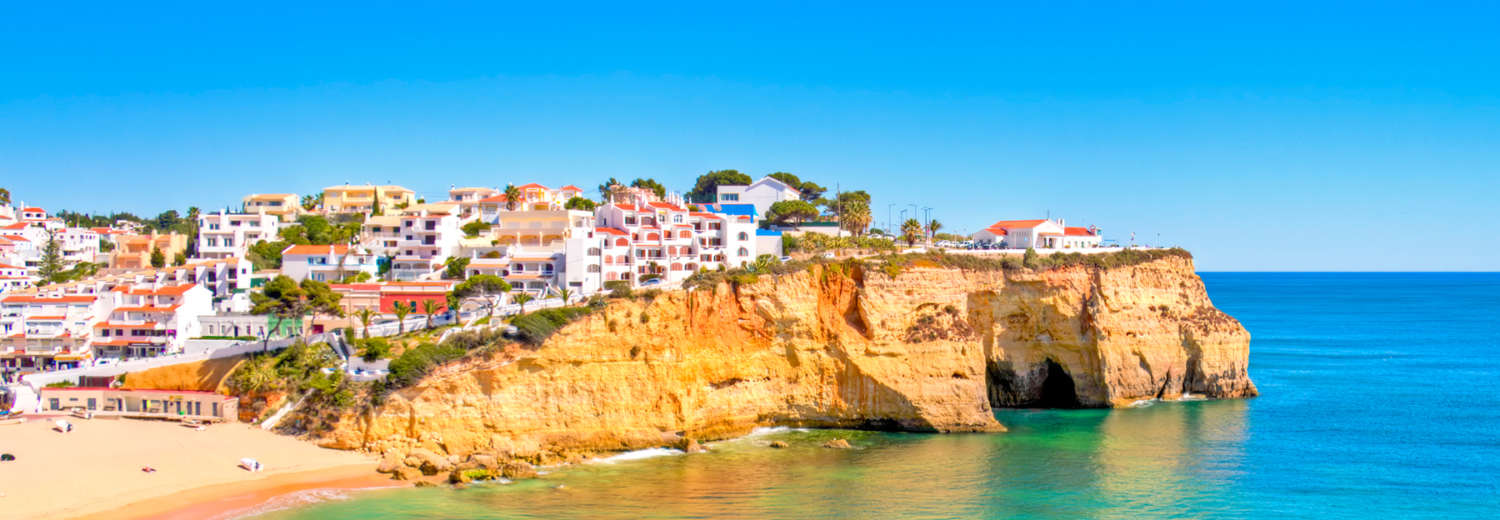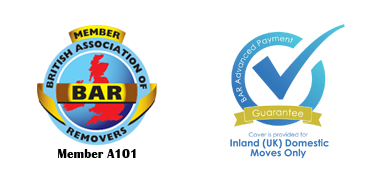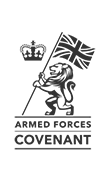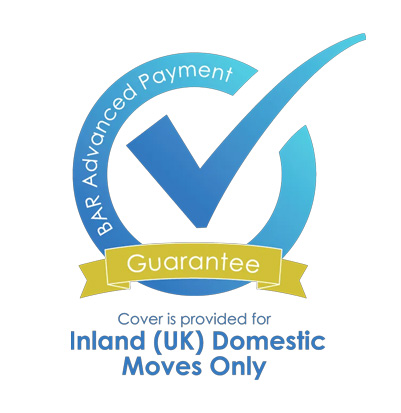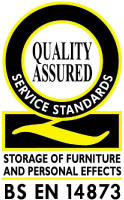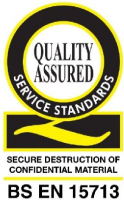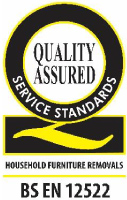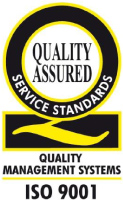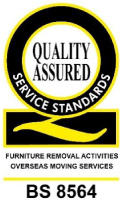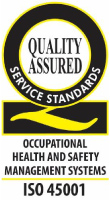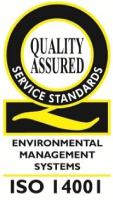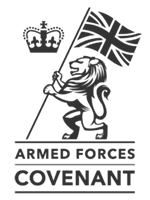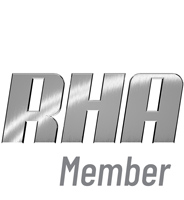Education in Portugal
Attending school is compulsory in Portugal from the ages of six to fifteen and is called Ensino Básico (basic education). Education can either be state or private. Despite education being free in the state system, you will be expected to purchase books and other equipment.
Before the age of six, your child can attend a pre-school (kindergarten) if you so wish. There are a variety of types of pre-school, including state, private, charitable and cooperatives. Registration occurs during June and July. Requirements are typically a medical check, birth certificate, health card showing vaccinations and an inscription form.
First time registration for primary schools is in early June at the school nearest the place where you live or work. Registration renewal normally takes place at the end of the previous year. Requirements are an inscription form, health card, photographs and identification.
There is a national curriculum, which is split into three ciclos (cycles). Years one to four form the first cycle of more generalised education. During this time, a class usually has just one teacher with a child progressing from one year to the next. The total weekly lesson time is 25 hours and there are typically 20 to 30 children in a class. In the final year of this cycle, a more rigorous assessment takes place to decide whether your child can progress to the fifth year. If they cannot, then your child will be provided with remedial teaching.
Weekly lesson time in the second and third cycles totals around 30 hours. During the second (years five & six) and third (years seven to nine) cycles, students are usually taught by a different teacher for each subject or have a multidisciplinary educational field. In the third cycle, students also have a choice of subjects and may select a second foreign language, music or technological studies.
Assessment is based on a scale of one to five where three is a pass. In order to progress from one year to the next, failure at only three subjects is permitted. All students who complete the courses gain a certificate of basic education. Those who pass the final assessment receive a diploma, which then allows access to Ensino Secundário (secondary education).
Options for secondary education (years 10 to 12) include three-year general, technological, professional or artistic courses. There is continuous assessment and yearly examinations. At the end of the 12th year, there are national exams in each of the main subjects. This then gives access to further and higher education.
First time registration for secondary schools normally takes place before mid July at the primary school. Registration renewal depends on exam results and takes place immediately after they are announced. Children arriving from outside Portugal can register at any time, as long as there are spaces at the school. Requirements are usually an inscription form, proof of qualifications from the previous school, health card, photographs and identification.
The school year begins in mid September and is divided into three terms. There is a two-week break at Christmas, four weeks at Easter and ten weeks in the summer, with three half-term breaks.
There are also private schools teaching the Portuguese national curriculum and others that teach an international curriculum in various foreign languages. However, very few of these schools will go up to the secondary level. The schools should be registered with the Portuguese Ministry of Education. Note that an international curriculum is not automatically accepted by the Portuguese education system and so this should be considered when you are selecting a school and curriculum.
Higher education in Portugal includes universities and polytechnics. The academic year begins in October with undergraduate courses usually lasting three years and Masters, one to two.
Admission is dependent on the number of vacancies available and is regulated by the national entrance exam organised by the Direcção Geral do Ensino Superior (Directorate General for Higher Education).
Applications are submitted in July/August to the admission services in the area where you live or via the Direcção Geral do Ensino Superior’s website – www.dges.mctes.pt/DGES/pt.

